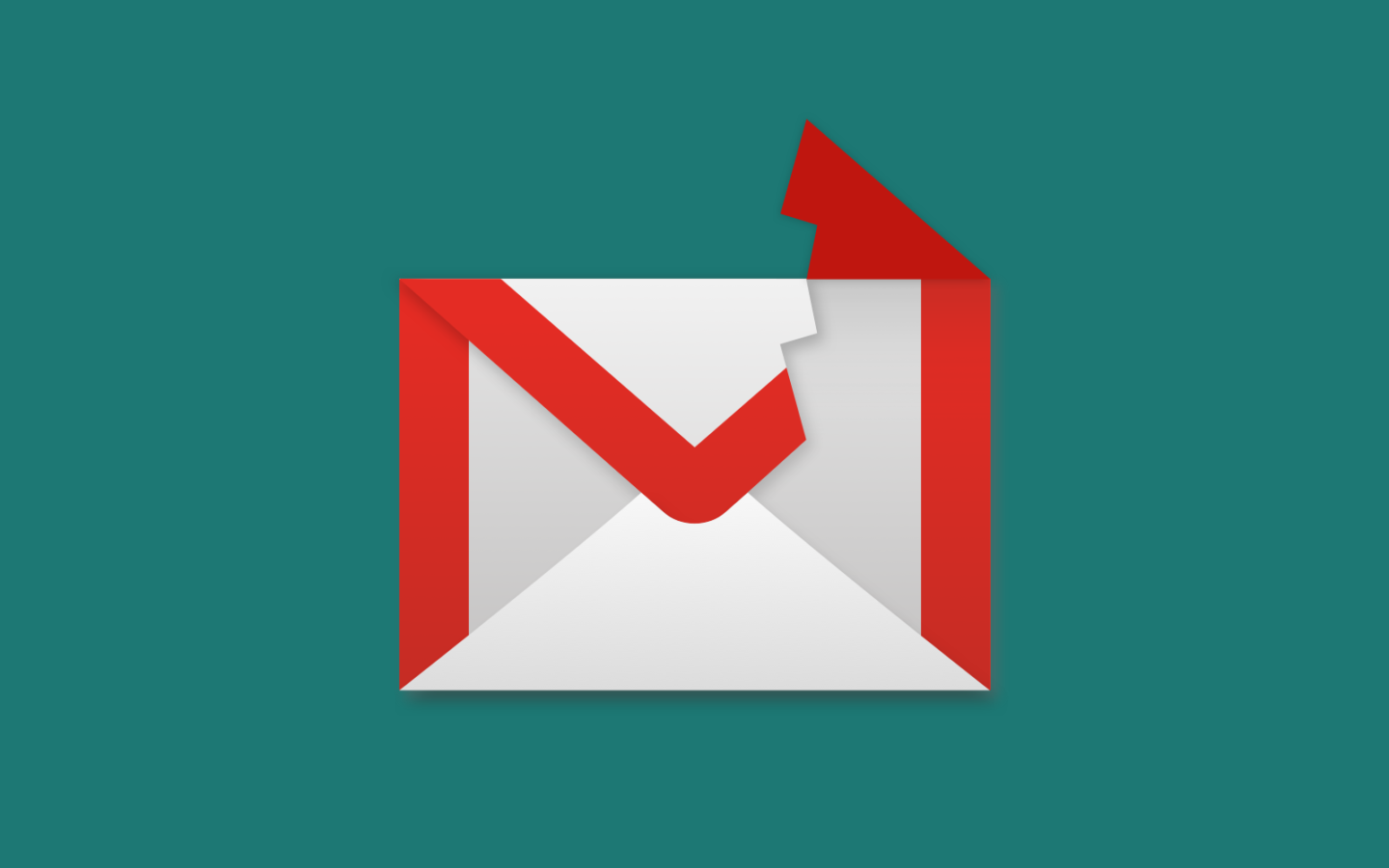Google+ data leak: just the tip of the iceberg?
The most intimate data about you is stored on Google's servers. As the recent scandal has shown, there is no 100% security at Google either. Do you really want to entrust your entire digital life to this company?
A vulnerability in the Google+ social network exposed the personal data of up to half a million members. The bug gave third-party apps access to information on a person’s Google+ profile that can be marked as private. The data that was exposed included full names, email addresses, occupation, birth dates, gender, relationship status, and more.
According to Google, it discovered and fixed the vulnerability as early as March. But the company opted not to disclose the data breach until the beginning of this week. Google executives did not want to invite regulatory scrutiny from lawmakers and to cause reputational damage (as it was the case with Facebook’s Cambridge Analytica scandal), according to a report Monday by The Wall Street Journal.
Google knows virtually everything about you
Such behavior raises the question of trustworthiness. Especially since Google stores considerably more personal data on its servers than just the data of Google+ members. The company knows virtually everything about your digital (and thus real) life. Via its search, products such as YouTube and Android, as well as its trackers, Google collects tons of user data.
Do you really want to entrust your entire digital life to a company that obviously can’t adequately protect its users’ data and doesn’t even consider it necessary to inform affected people about a data leak?
Google trackers monitor 78% of the web traffic and track everything from page views to highly sensitive information, whether the site visitor has ever used a Google product or not. Based on this data, Google could easily deanonymize any Internet user, inevitably creating shadow profiles.
Data allow deep insights into your life
The evaluation of “only” one third of all the websites you visit is enough to know more about you than your closest relatives do: Your Internet history reveals almost everything about your buying and travelling habits, your financial status, your state of health, your sexual preferences, your political attitudes, etc. Those who have access to this data get detailed insights into your way of life.
Anti-tracking tools such as Cliqz or Ghostery protect your personal data from being accessed by Google and others. They reliably prevent third-parties from spying on your browsing behavior and ensure that your privacy is preserved online.




